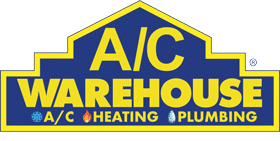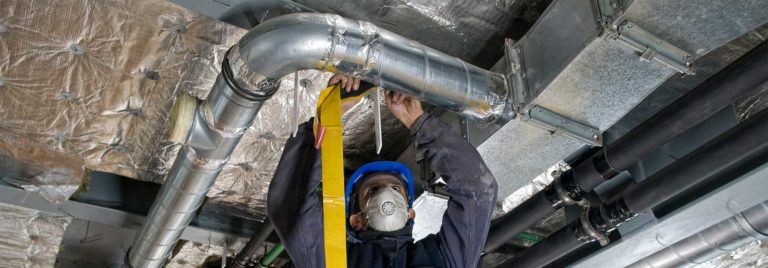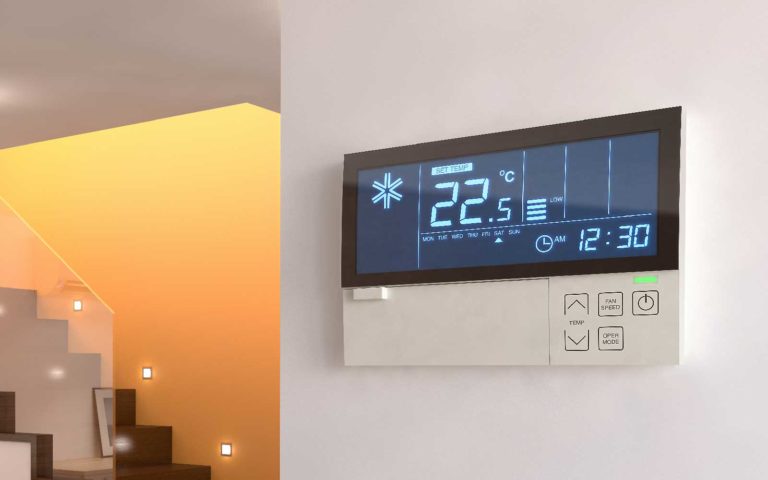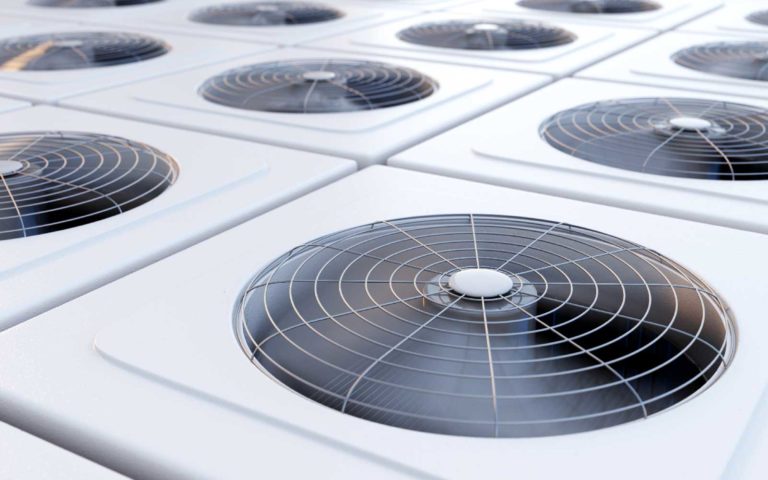When to Replace a UV Light in Your Air Conditioning System
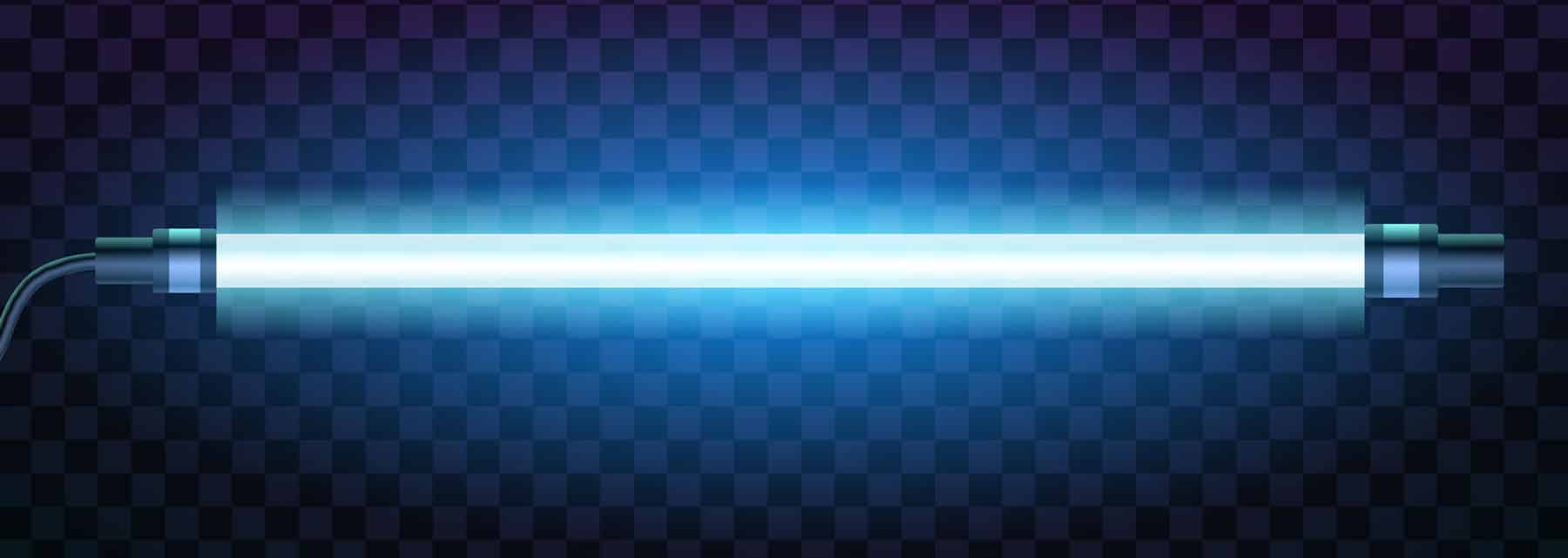
UV-C lamps have become increasingly popular in air conditioning systems, but it’s important to know when to replace a UV light. Like any HVAC component, UV-C bulbs degrade over time and lose their effectiveness. Understanding when to replace ultraviolet lights in your air conditioning system is crucial for maintaining optimal performance and ensuring clean indoor air. In this article, we’ll discuss the signs that indicate it’s time to replace UV-C lamps in your AC system.
What is a UV Light in Air Conditioning
UV-C bulbs are in the ultraviolet spectrum and are commonly used for disinfection purposes in various applications, including air conditioning systems. Therefore, UV lights offer an effective solution for sterilizing air conditioning systems by killing mold, bacteria, and viruses to improve indoor air quality. By following the guidelines outlined in this article, you can ensure UV lamp effectiveness and maximize the performance of your air conditioning system.
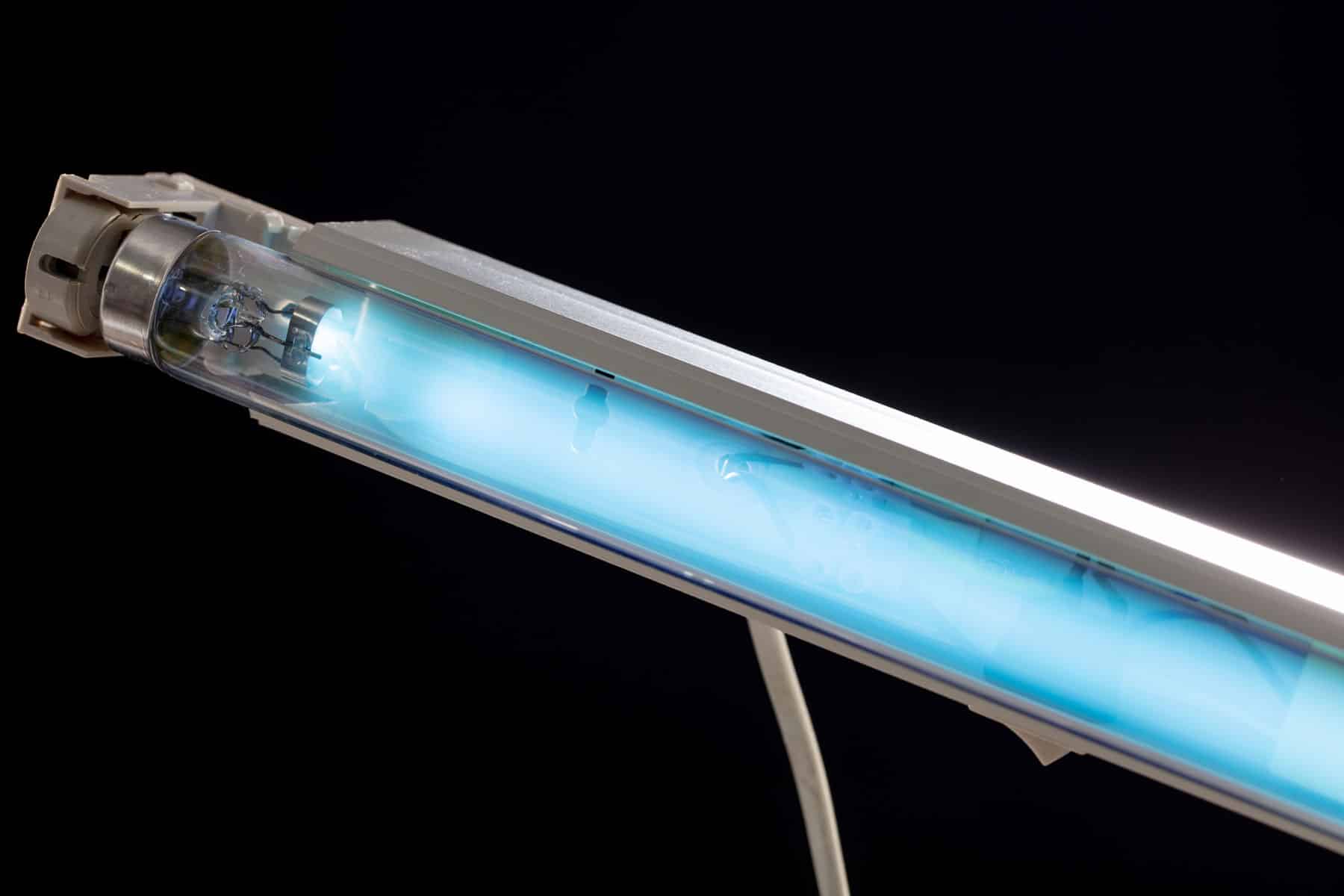
Reduced Effectiveness:
One of the primary indicators that it’s time to replace UV lights in your air conditioning system is a noticeable reduction in their effectiveness. UV-C lamps work by emitting ultraviolet radiation, which kills microorganisms. Over time, the bulbs degrade, leading to decreased ultraviolet output. If you notice a decline in your system’s ability to purify air or an increase in indoor air quality issues like mold growth or unpleasant odors, it may be time to replace the UV-C bulb.
Bulb Lifespan:
UV bulbs have a finite lifespan, typically ranging from 9 months to 2 years, depending on usage and environmental factors. Manufacturers usually specify the lifespan of UV-C bulbs in their product documentation. Keep track of when you installed the ultraviolet lights in your air conditioning system and replace them according to the manufacturer’s recommendations. Regularly scheduled ac maintenance will ensure that your UV-C lamps are operating at peak efficiency.
Visual Inspection:
Performing a visual inspection of the UV lights is another way to determine if they need replacement. Check the bulbs for any signs of damage, such as cracks, discoloration, or black spots. These issues can indicate that the UV-C bulbs are nearing the end of their lifespan or have already failed. Additionally, dust and debris buildup on the bulbs can reduce their effectiveness, so make sure to clean them regularly according to the manufacturer’s guidelines.
System Maintenance:
Regular AC maintenance can also help identify when UV lights need replacement. During routine service visits, HVAC technicians should inspect the UV-C bulb as part of their checklist. They can assess the condition of the bulbs, measure ultraviolet radiation output, and recommend replacement if necessary. Incorporating UV-C lamp inspection into your system maintenance routine ensures that any issues are addressed promptly.
Changes in Air Quality:
Pay attention to changes in indoor air quality as a potential indicator that your UV lights need replacement. If you notice an increase in allergy symptoms, respiratory issues, or a persistent musty odor despite regular cleaning, it could be due to UV-C lamps that are no longer effectively sterilizing the air. Replacing the UV bulbs can help restore clean, healthy indoor air.
UV lights play a crucial role in maintaining clean indoor air by eliminating harmful contaminants in air conditioning systems. Knowing when to replace UV-C bulbs is essential for ensuring optimal performance and indoor air quality. Keep an eye out for signs of reduced effectiveness, monitor bulb lifespan, perform visual inspections, incorporate ultraviolet light checks into routine ac maintenance, and pay attention to changes in air quality. By staying proactive, you can ensure that your air conditioning system continues to provide clean, healthy air for you and your family.
